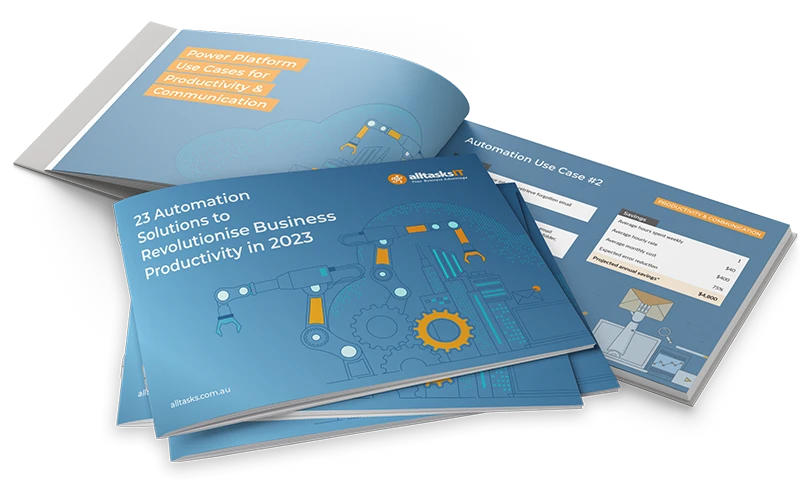Business automation has become increasingly important as companies aim to improve efficiency and productivity while reducing costs and errors. Automation can streamline business processes, free up employees to focus on more valuable tasks, and help companies remain competitive in an increasingly fast-paced market.
The evolution of Microsoft Power Platform represents a significant step forward in business automation. Initially launched as Microsoft Flow, the Power Platform is now a suite of services that includes Power Apps, Power BI, and Power Automate. These tools allow businesses to easily build custom applications, analyse data, and automate tasks and processes.

Power Platform’s value lies in its ability to empower businesses to create custom solutions that meet their unique needs. With its low-code development environment and integration with a wide range of applications and services, Power Platform allows businesses to automate processes without the need for extensive coding skills.
This can result in significant time and cost savings, as well as increased efficiency and accuracy in business operations. Additionally, the Power Platform’s analytics capabilities can help businesses gain insights into their data and make more informed decisions. Overall, the Power Platform provides a powerful set of tools for businesses to drive innovation, improve operations, and remain competitive in the modern business landscape.
Another key advantage of the Power Platform is its seamless integration with other Microsoft tools and services, such as Office 365, Dynamics 365, and Azure. This integration enables businesses to leverage their existing investments and extend the capabilities of their current systems. For example, they can integrate Power Platform apps with Microsoft Teams for enhanced collaboration, or with Dynamics 365 CRM for a unified view of customer data. This interconnected ecosystem fosters synergy across different departments and enhances overall productivity and communication within the organization.